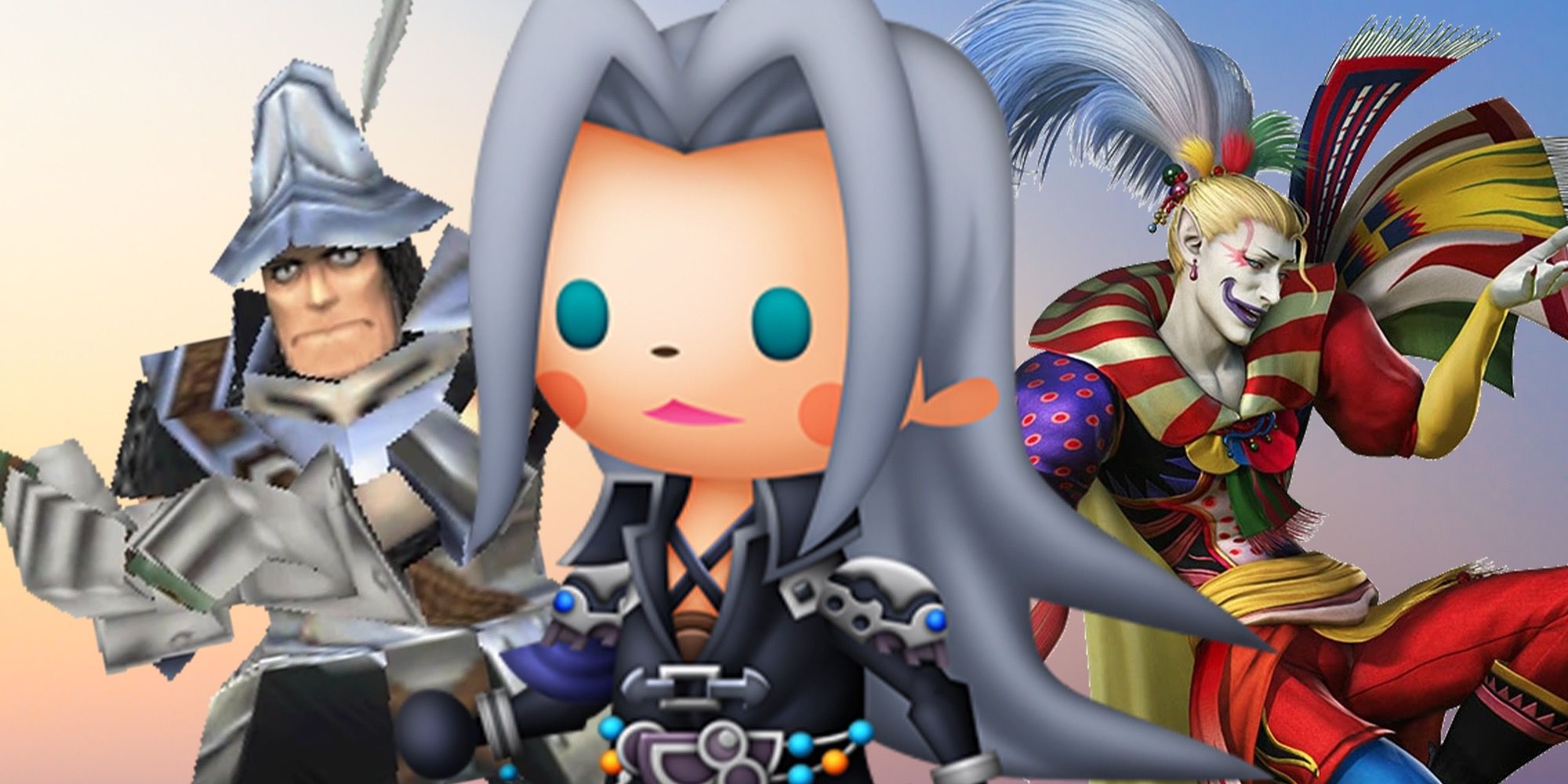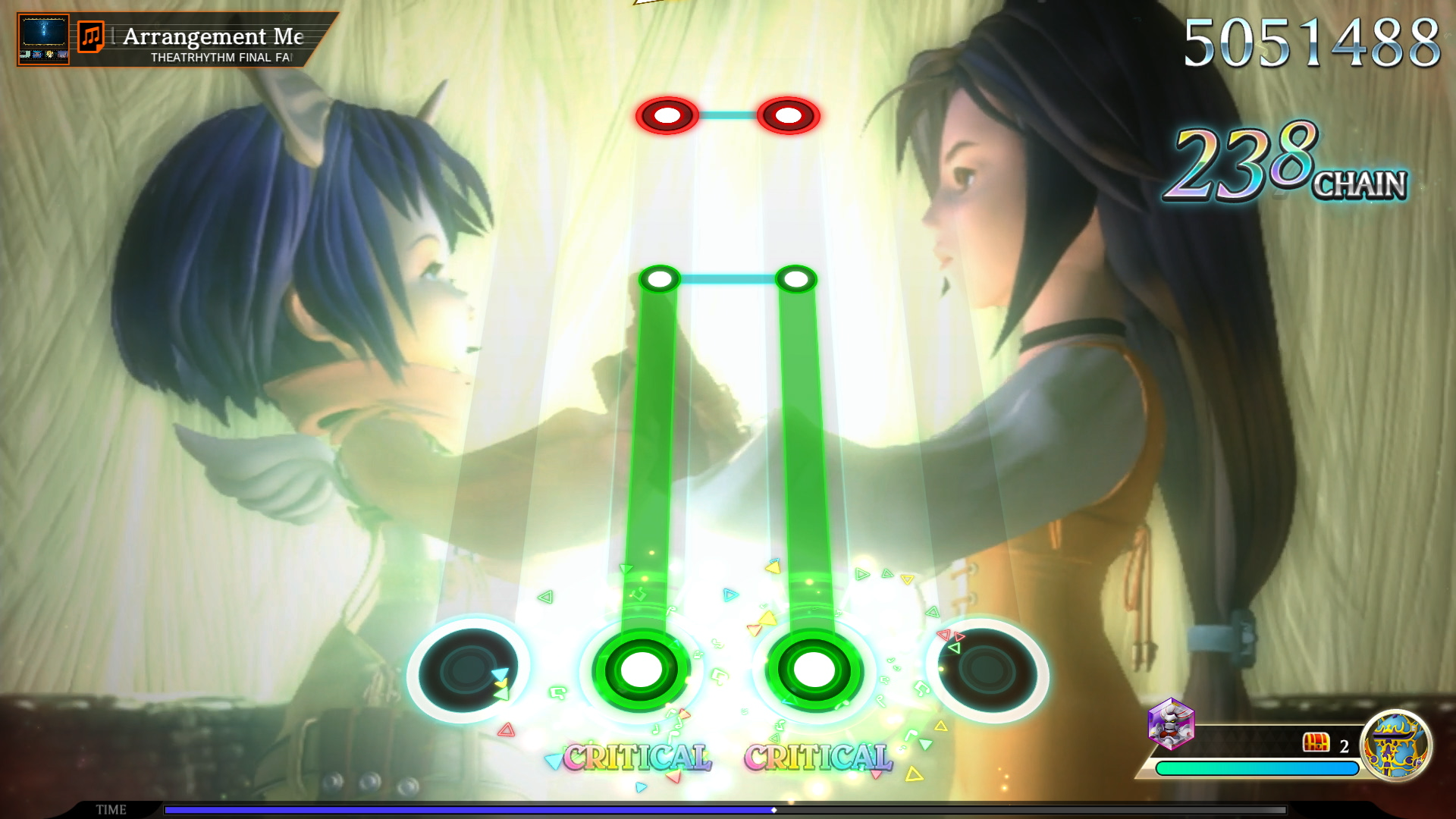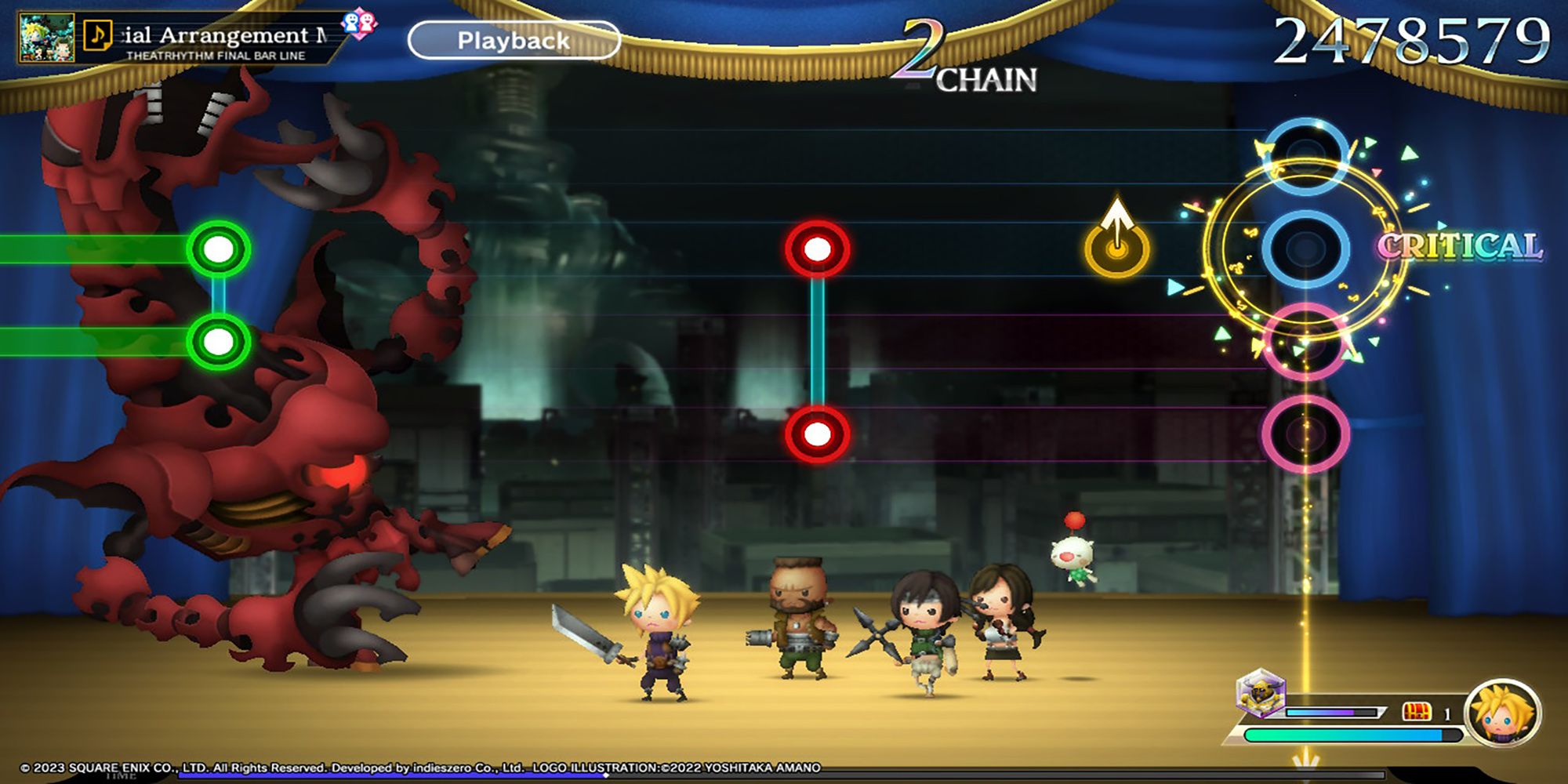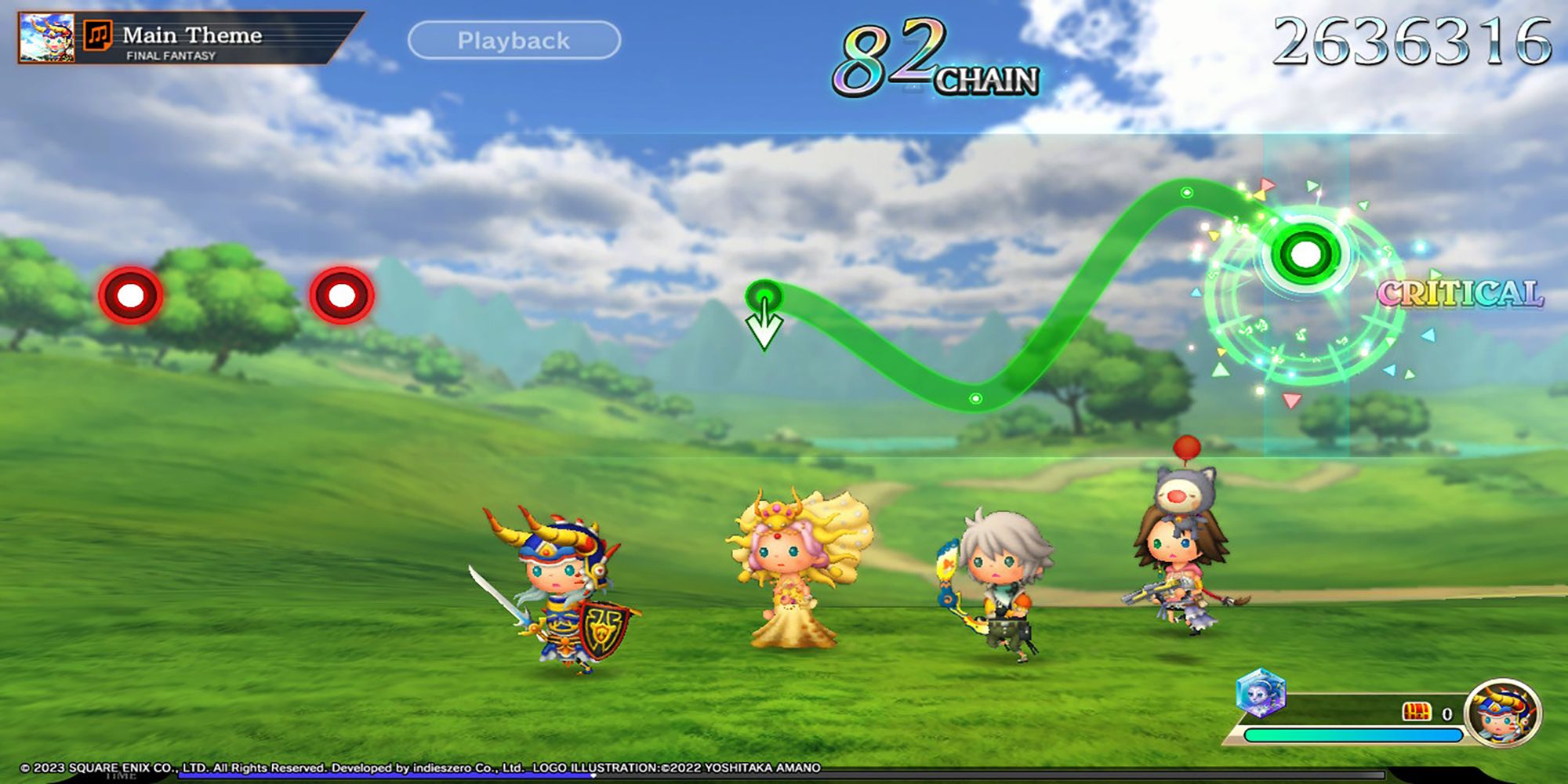Nostalgia is a powerful force. The media we consume as children inevitably defines who we grow up to be, coming to influence the art we see ourselves in and love well into adulthood. Yet it can also foster ignorance, an unwillingness to engage with new things in the fear it will sully existing memories, or prove too much of a vice when the existing comfort of warm classics remain at our beck and call.
Final Fantasy has always been that series for me, a JRPG monolith I grew up with as it helped define who I am. It’s why I love video games, why I love writing, and why I’m a giant fruitcake well into my twenties. Hironobu Sakaguchi somehow created myriad gorgeous worlds filled with memorable characters that all stood proudly on their own terms. Despite their distance and the rarity of direct sequels, they somehow combine to create a series of adventures that mean so much to so many people.
To revisit its legacy through the melodic perspective of Theatrhythm: Final Bar Line could have transformed me into a nostalgia-ridden husk, one overlooking any and all flaws in exchange for a youthful warmth that reminds me of how much simpler my life used to be. Even with its lofty approach to fan service and overzealous cuteness, the game at the centre of it all is infinitely more than that. It understands the history we are enamored with and honors it at every turn, delivering callbacks and references that go so deep even the most hardcore of fans will have a hard time believing them.
As a rhythm game, it is incredibly simplistic. Red prompts can be executed with any of the face, directional, or shoulder buttons. Green ones operate on the same logic while also requiring you to flick the thumbstick in fixed directions. The same method goes for yellow, all of them combining to create beautifully accurate renditions, which have been burned into my memory for decades. You can go for a low difficulty along with assists that mark strolling through the story mode a breeze, while harder modes pull no punches and require you to position the controller on your lap or come up with bespoke layouts, so every single note is hit on time and with maximum efficiency.
Final Bar Line is the perfect distillation of this series, one that has spanned multiple different consoles, arcade cabinets, and different JRPG properties. This new entry is bringing all that progress to a definitive ultimatum, like all the shortcomings have been sanded down alongside lessons learned that help it shine ever brighter. Yes, I’m obviously coming from a place of nostalgic pandering, but sometimes it’s rewarding to soak into that comforting expectation and turn your critic brain off for a hot minute.
Our reviewer Ryan Bamsey touched on that sentiment perfectly, but was also able to recognise how well Final Bar Line iterates on the gameplay formula to make it more nuanced than it’s ever been. We spent the review period gushing over its love for the series, and simultaneously understood how a move over to home consoles allowed it to leave prior baggage behind and go harder on RPG mechanics, chasing ludicrously high scores, and offer an exhaustive collection of unlockable cards, clips, characters, and other content that I could easily see sucking up hundreds of hours.
There is just so much to it, a shame since, on the surface, most will see a cute rhythm game spin-off that only fans would be able to penetrate. It’s more than that though - a comprehensive history of a JRPG monolith that spans its main titles, sequels, mobile games, films, original tracks, and even experiences that exist outside the pantheon.
It is the ultimate execution of Theatrhythm that could easily be used as a platform for a bunch of DLC that has already been teased and possibly even updates to line up with new games and projects we might not even know exist just yet. Its potential is almost limitless, and very little in the medium has an equal reverence for its source material.




